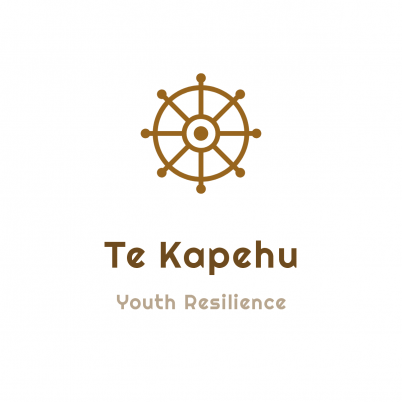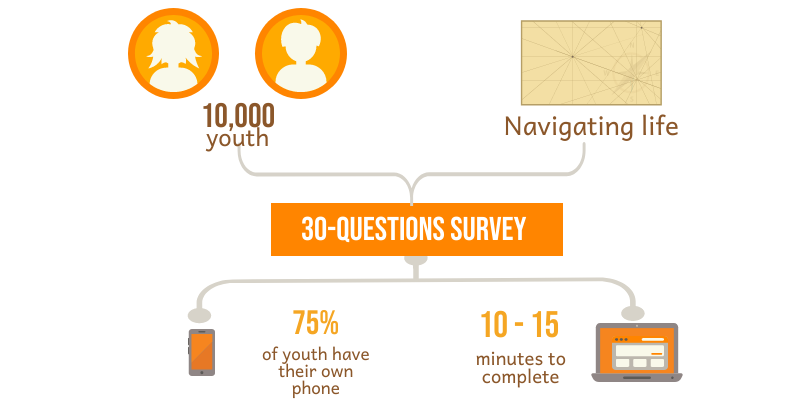Te Kapehu
Psychometrics & psychological health research
Autonomy, Belonging, Identity & Resilience Measurement Tool
Public Health South has a strategic objective to look at building resilience as a central element of mental health promotion. The Kapehu Project is an initiative focused on measuring youth resilience, social identity, self-belief and mental wellbeing.
The first phase of the project is a broad population survey of youth using an adaptive resilience measurement tool, seeking to capture a snapshot of the mental health and wellbeing of youth. It is an easy-to-administer survey tool that can provide a population picture, a cohort or year level picture, or an individual strengths profile.
The survey questions align with the Domains of Resilience:Composure, Tenacity, Reasoning, Collaboration, Vision and Health.
The aim is to capture a strengths-profile to build a picture of where youth are thriving and also where there may be vulnerabilities.
The evidence-gathering process involves sampling genuine youth voice in a range of contexts utilising electronic devices to deliver a short survey.
The project is a collaboration with the University of Otago Department of Psychology, contributing to research into the role of school climates in understanding youth wellbeing.
The aim
The project seeks to examine the role of positive drivers (e.g. school belonging, civic participation) and some potential negative ones (e.g., excessive social media use, lack sleep, helicopter parents) on student’s mental health and well-being.
Students will be asked to complete a survey at six monthly periods. The survey will be administered through an online survey platform (Qualtrics) and will take 10 – 20 minutes for students to complete.
The findings of this research will give schools an idea about how their students are doing (i.e. their overall mental health and well-being) and also some information on what might be impacting well-being. It is hoped that such information will be able to offer schools ideas about how to improve their school climate, ultimately benefiting students’ mental health and well-being.

